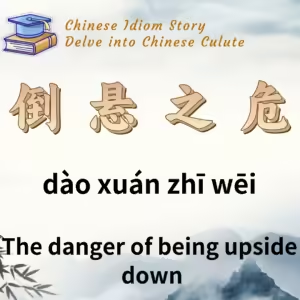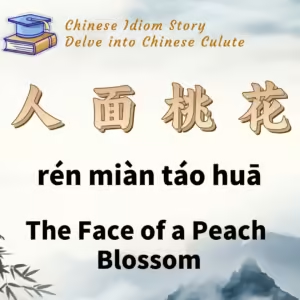
Chinese Idiom: 出类拔萃 (Chu Lei Ba Cui)
English Translation: Stand out from the class
pīn yīn: chū lèi bá cuì
Idiom Meaning: This idiom describes someone or something that stands out for its exceptional quality, surpassing others of its kind. It highlights being outstanding in a particular field or category, with abilities or characteristics that exceed the norm.
Historical Source: “Mencius” (《孟子》), specifically from the chapter “Gongsun Chou I” (《公孙丑上》).
Idiom Story:
The story revolves around Gongsun Chou (公孙丑), a student of Mencius (孟子). In a conversation about historical sages and their exceptional talents, Mencius described a sage as someone with extraordinary, almost divine qualities. He particularly praised Confucius (孔子) as the epitome of such a sage.
When Gongsun Chou inquired whether Mencius considered himself a sage, Mencius modestly referred to Confucius’s humility. Confucius had once stated that while he continually learned and taught diligently, he did not consider himself a sage. Mencius echoed this sentiment, emphasizing that even Confucius did not claim to be a sage, so he, Mencius, certainly could not.
Gongsun Chou then asked about the differences between ancient sages and contemporary ones. Mencius affirmed that Confucius was unparalleled. He quoted his students Zaiwo (宰我), Zigong (子贡), and Yao (有若), who all recognized Confucius’s unparalleled greatness. They compared Confucius to extraordinary natural entities—like the unicorn among beasts, the phoenix among birds, Mount Tai among hills, and the Yellow River among streams—implying that Confucius was far superior to his peers, just as these beings surpass others in their categories.
The phrase “出类拔萃” (chū lèi bá cuì) from Yao’s description, meaning “to surpass the class and stand out from the group,” eventually became an idiom used to describe outstanding individuals or exceptional qualities that stand out from the rest.






